A popular stop on the Myanmar travel circuit, Inle Lake is a large freshwater lake close to the town of Nyuangshwe in Shan State. The town itself is tiny, you can literally traverse through every single street between lunch and teatime, which is what we did on the day we arrived there.
The good news about it is that at an elevation of almost 3000 feet (a fact recorded in the town's welcome sign), so it is much cooler that Bagan or Mandalay and a perfect place if you are looking for some downtime. People seemed to linger on here longer than they originally planned - taking walks, riding bicycles and of course, touring the lake.
While the lake is 22 km long, it does not have a clear shoreline (the fringes are marshy), so walking around is not a practical option. Instead the traditional way to visit is to hire a boat (with boatman) for the day and cruise around the lake visiting settlements along the lake front. There is thriving economy operating around the lake with a market in one or the other village every day of the week, so there is much to see. A regular boat takes five passengers, so joined up with three others so we could share the cost of the boat. The town of Nyaungshwe is a couple of kilometers from the lake itself, but there is a narrow canal leading up to it. After cruising down the main canal we arrived at the wide expanse of Inle lake. Distant well forested hills surround the lake on all sides adding to its charm.
There were some fishing boats in the middle of the lake and we got a chance to observe at close quarters the special leg-rowing technique of the Intha people of Inle Lake. The fishermen manage to balance on one leg on the bow of the boat with an oar wrapped around the other leg keeping their hands free to handle the fishing net. They row this way so they can stand, fish and navigate through the reeds all at the same time. We also saw some other fishermen using the peculiar looking conical nets.
Since it was a Wednesday, the market was at Nampan village and there is where we were headed first. Since it was one of the largest weekly markets, boats from villages all around the lake were headed there and we spent the best part of an hour watching the workings of the local economy.
The Nampan village is called a floating village, but essentially what this means is that all structures are on stilts. The villages hosts a variety of local artisans from blacksmiths, gold/silver smiths, cheroot rollers, parasol makers etc. and we visited some of their workshops where were got the opportunity to see how these local products are made in these small scale operations.
One of the more interesting places we visited was that of a weaver where we saw how lotus silk thread is produced. The fiber from lotus stem is carefully extracted one stem at a time and through rolling of the fingers is fashioned into lotus silk thread. This is then treated and woven into scarves and other products for sale. The fabric is luxurious to the touch. Given the painstaking production process, it is more expensive than silk! The area around the lake is also used extensively for floating gardens. Vegetables are cultivated by gardeners who tend to these gardens on little boats.
The final stop for the day was at the Jumping Cat Monastery. If you are wondering about the name, it is the informal name given to the Nga Hpe Chaung monastery because a group of (bored?) monks have trained a bunch of cats to jump through hoops and do tricks. When we arrived there were a few visitors mollycoddling cats and nothing much seemed to be going on. But once a critical mass of visitors were gathered, a monastery resident (and the cats) were ready to perform and put on a show for a few minutes with the kitties getting rewarded for each jump. Not impressive, but definitely quirky.
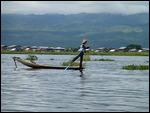
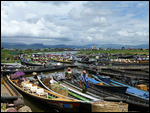

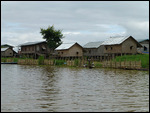
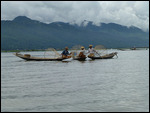
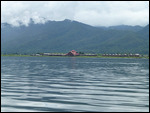
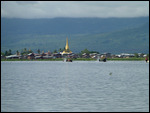
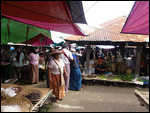
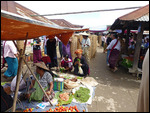
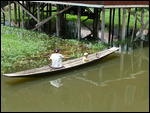
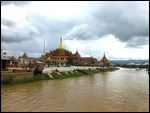
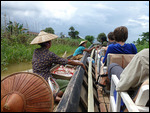
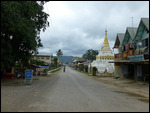
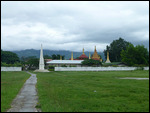
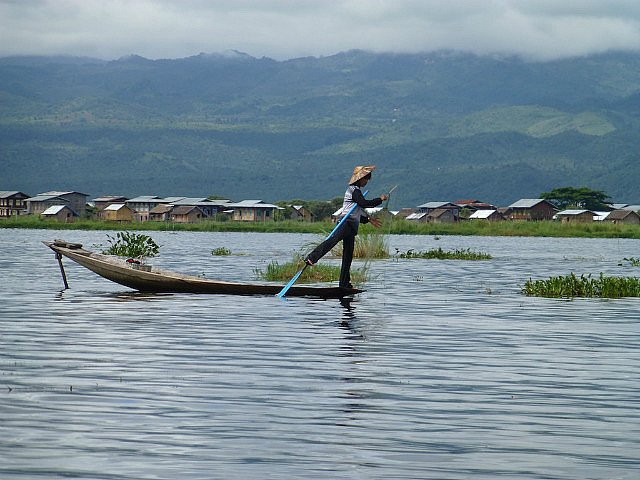
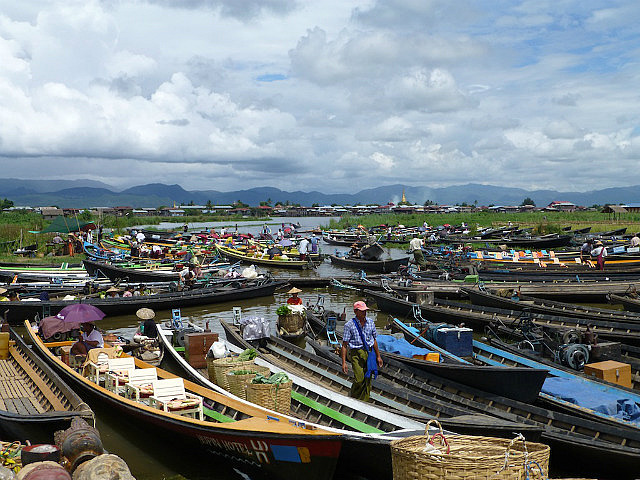
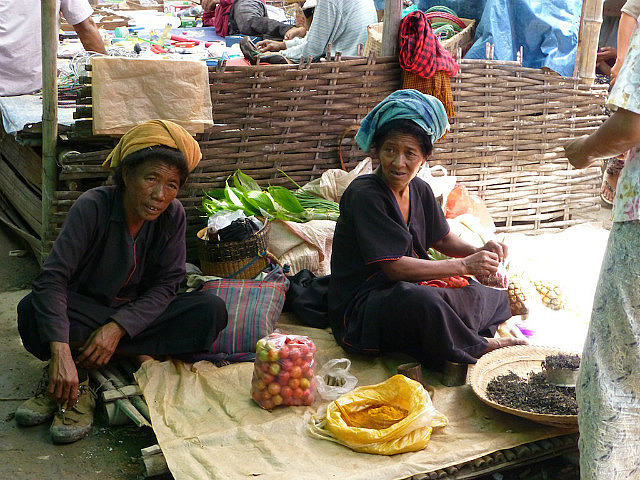
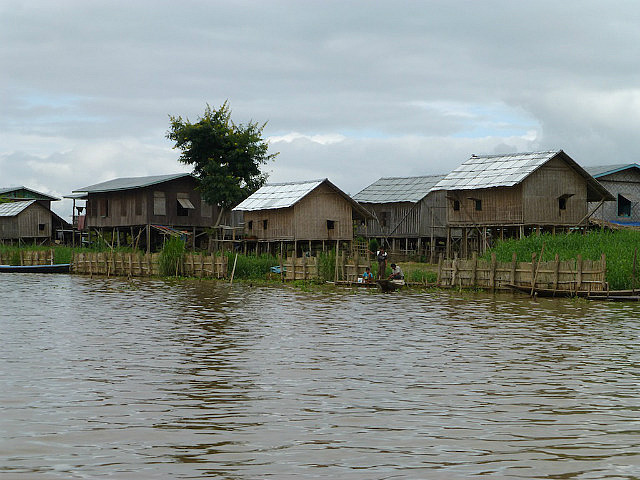
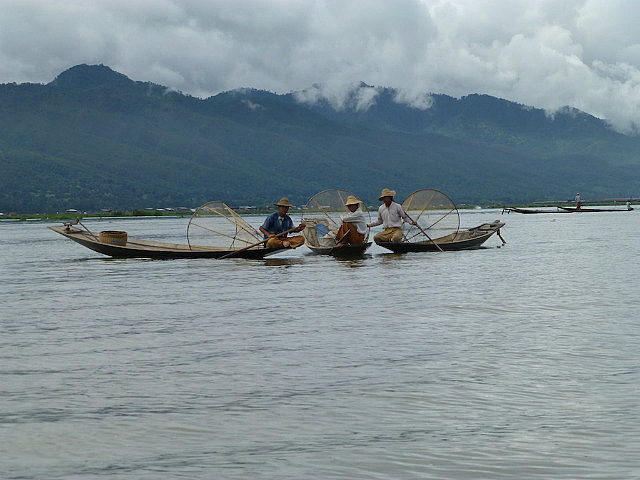
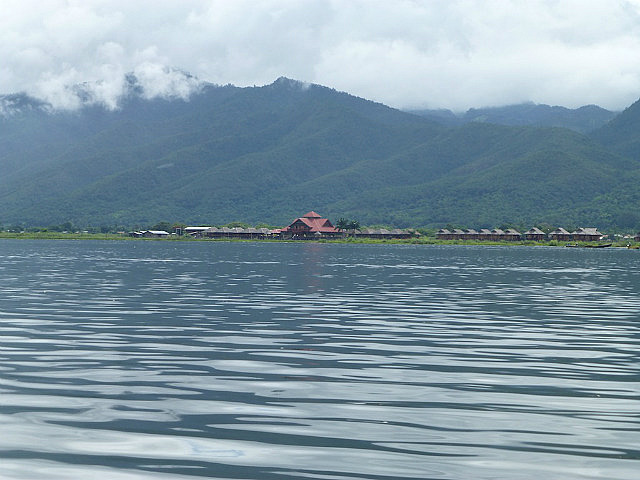
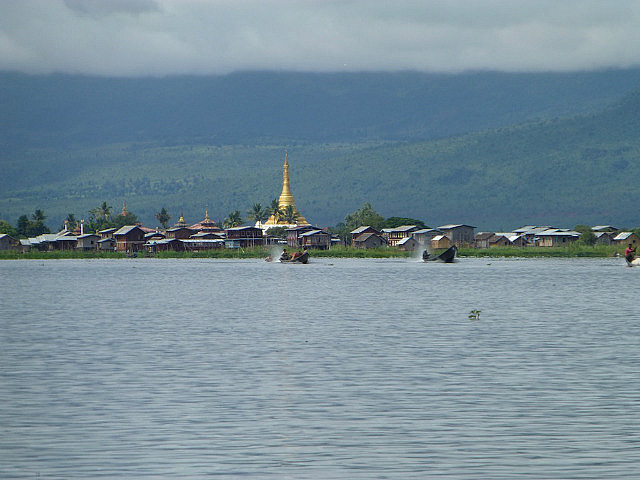

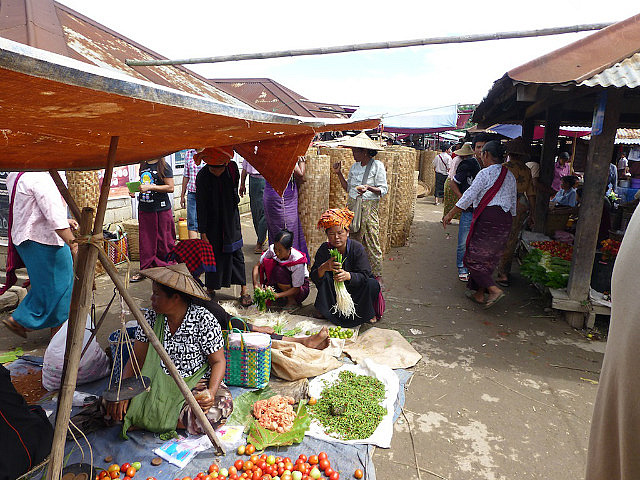
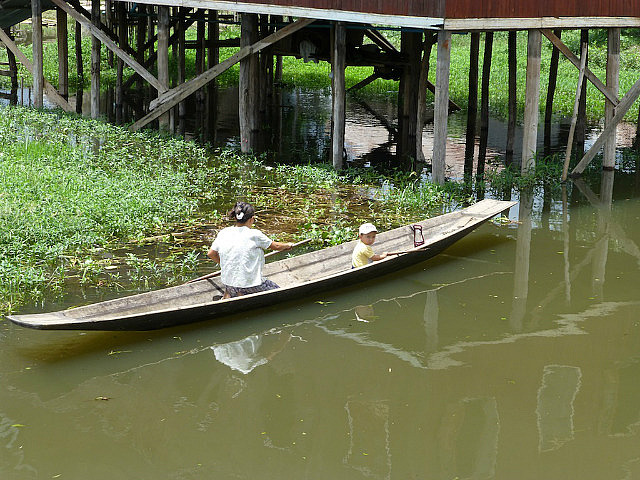
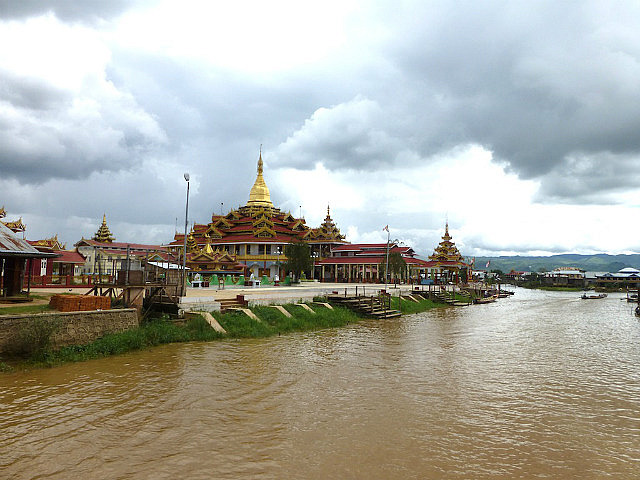
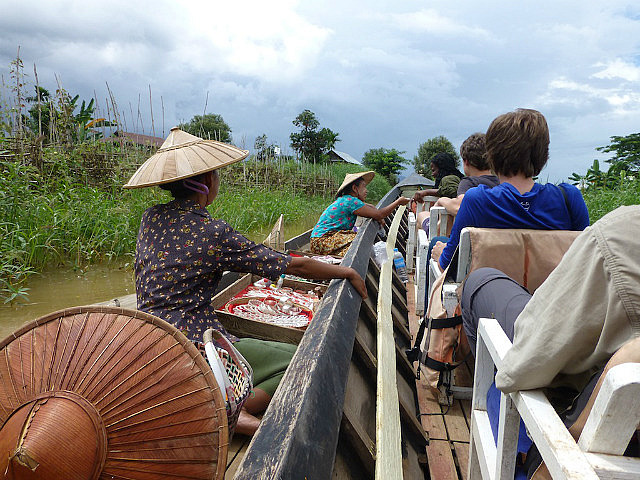
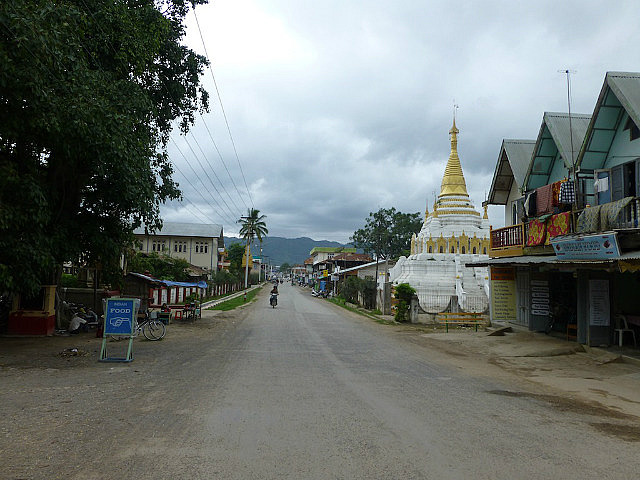
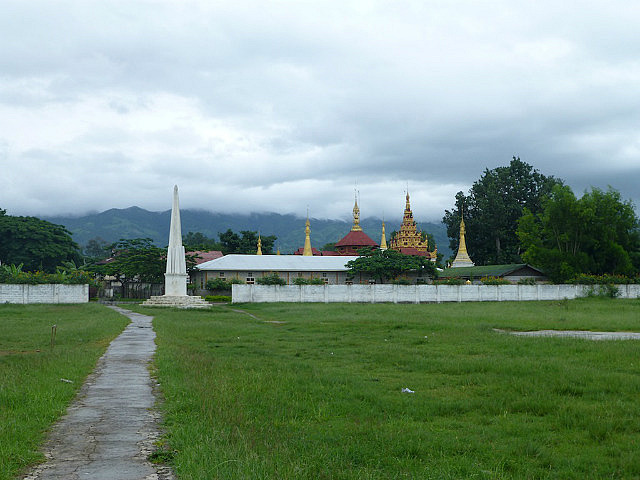
Comments